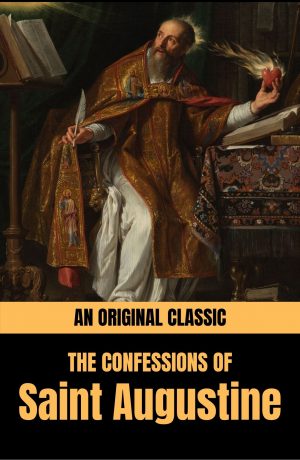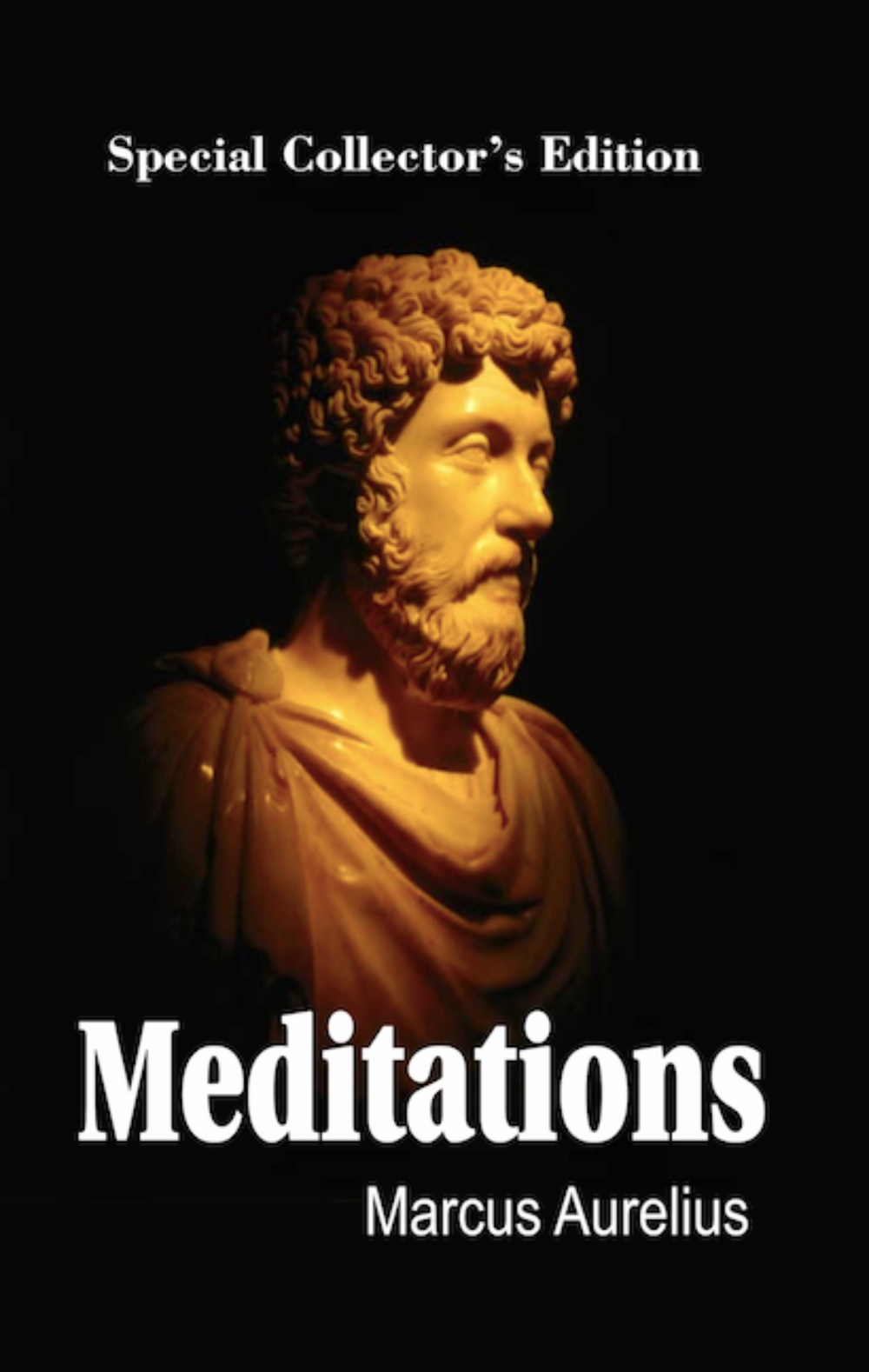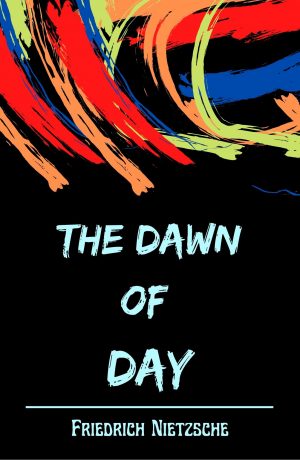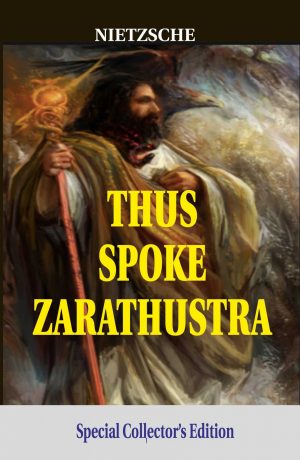“Dwell on the beauty of life. Watch the stars, and see yourself running with them.” From expressing his gratitude to the ones from whom he had learned important qualities and lessons in life to detailing his thoughts and reflections over a wide range of subjects including our mind and thoughts, life and death, goodness, self-judgement, virtuousness, nature, leadership, and human rationality, Meditations gives an insight into the inner life and philosophy of the last of the ‘Five Good Emperors,’ Marcus Aurelius. With ancient wisdom that is as relevant in modern times as it was then, Aurelius‘ Meditations is one of the greatest works of Greek and philosophical literature. A series of twelve books, it has continued to influence its readers throughout the centuries.
Related products
-
Religion & Philosophy
The Dawn of Day by Friedrich Nietzsche (H.B)
0 out of 5(0)One of the most important philosophers of the nineteenth century, Friedrich Nietzsche’s influence on modern thought has extended beyond the borders of philosophy. His works have helped shape modern anthropology, psychology, theology, and sociology. Poets, novelists, and artists have also been touched by Nietzsche’s powerful concepts and perspectives. Edited by a noted Nietzsche scholar, this authoritative compendium is a vital assembly of nearly all of Nietzsche’s early works. Marking the advent of his mature philosophy, these aphorisms and prose poems examine the impulses that lead human beings to seek the comforts of religion, morality, metaphysics, and art. Nietzsche proposes greater individualism and personality development, addresses issues of society and family, and discusses visions of free spirits with the courage to be rid of idealist prejudices. Written in his distinctive, often paradoxical style, The Dawn of Day presents practically every theme touched upon in Nietzsche’s later philosophical essays. It is an essential guide and a fundamental basis for the understanding of the great philosopher and his work.
SKU: abhtdod -
Religion & Philosophy
The Confessions of Saint Augustine ( An Original Classic) by Saint Augustine (H.B)
 Religion & Philosophy
Religion & PhilosophyThe Confessions of Saint Augustine ( An Original Classic) by Saint Augustine (H.B)
0 out of 5(0)St. Augustine of Hippo lived a life of sin until his conversion to Christianity at the age of 32. Twelve years later he gave a personal account of his search for truth in The Confessions of Saint Augustine. Augustine, a Latin church father, is one of the most important figures in the development of Western Christianity. In his early years he was heavily influenced by Manichaeism and later by the Neo-Platonism of Plotinus, but after his conversion and baptism (387), he developed his own approach to philosophy and theology accommodating a variety of methods and different perspectives. He believed that the grace of Christ was indispensable to human freedom and framed the concepts of original sin and just war.
SKU: abhtcosa




